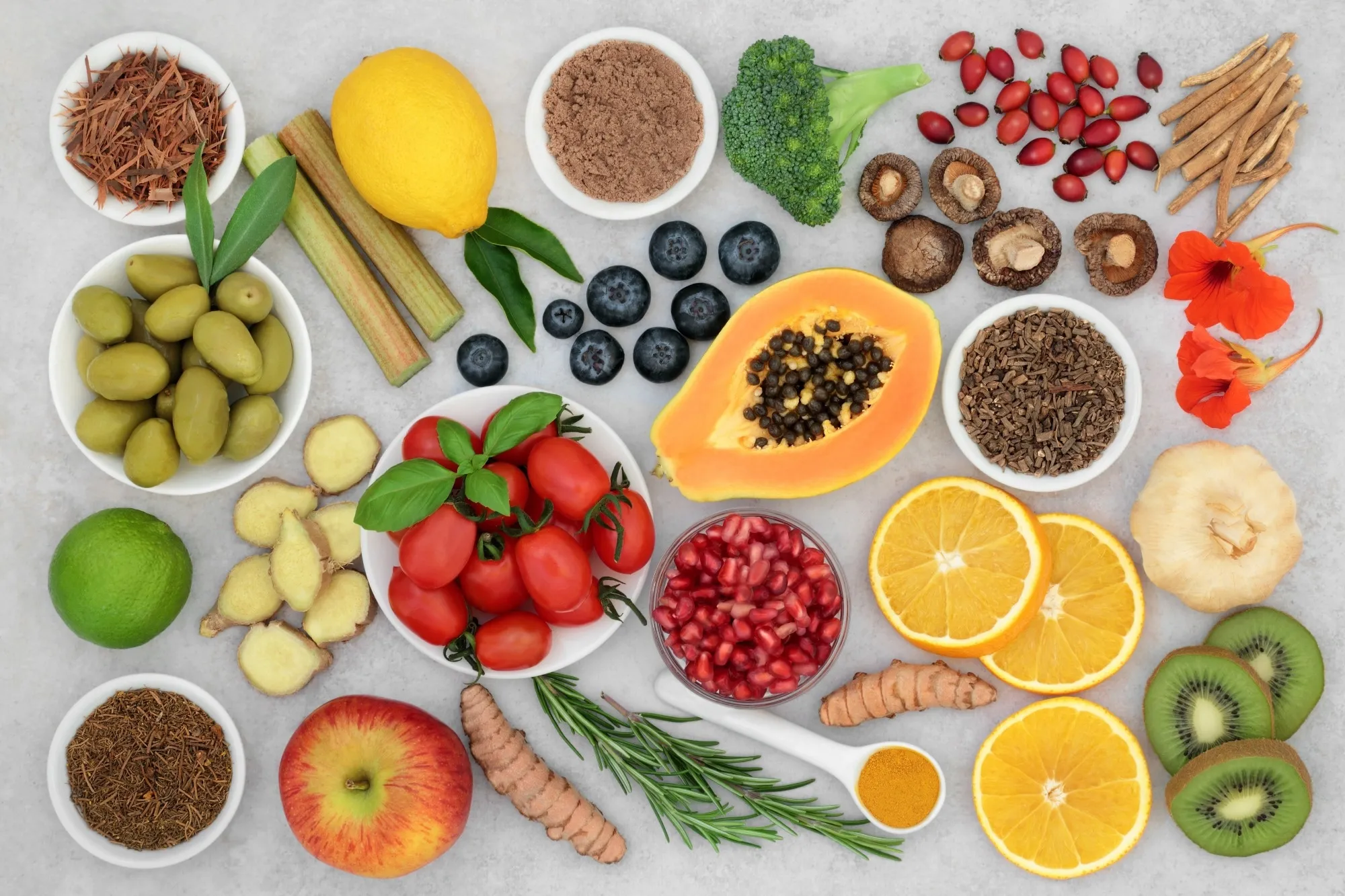Exploring the Role of Plant Polyphenols in Aging and Cognitive Function

Aging and Chronic Diseases
Aging is a significant factor in the prevalence of chronic diseases, including neurodegenerative diseases and metabolic disorders.
The Impact of Inflammation
Chronic inflammation is linked to aging and contributes to cognitive decline. It disturbs the balance of oxidative stress and cellular function, particularly affecting the brain and mitochondria.
The Power of Plant Polyphenols
Particular attention has been drawn to plant polyphenols such as quercetin, abundant in raspberries and vegetables. These compounds exhibit both anti-inflammatory and antioxidant properties that can mitigate oxidative damage to DNA and cells, potentially preventing cognitive impairment as we age.
Dietary Interventions
Incorporating a diet rich in plant-based foods could enhance overall health, focusing on choices that support mitochondrial health and combat inflammation.
- Vegetables rich in polyphenols
- Fruits like raspberries
- Supplements targeting oxidative stress
Future Directions and Research
Ongoing and future clinical trials will explore the specific effects of these polyphenols on cognitive function and their role in diseases such as cancer.
This article was prepared using information from open sources in accordance with the principles of Ethical Policy. The editorial team is not responsible for absolute accuracy, as it relies on data from the sources referenced.